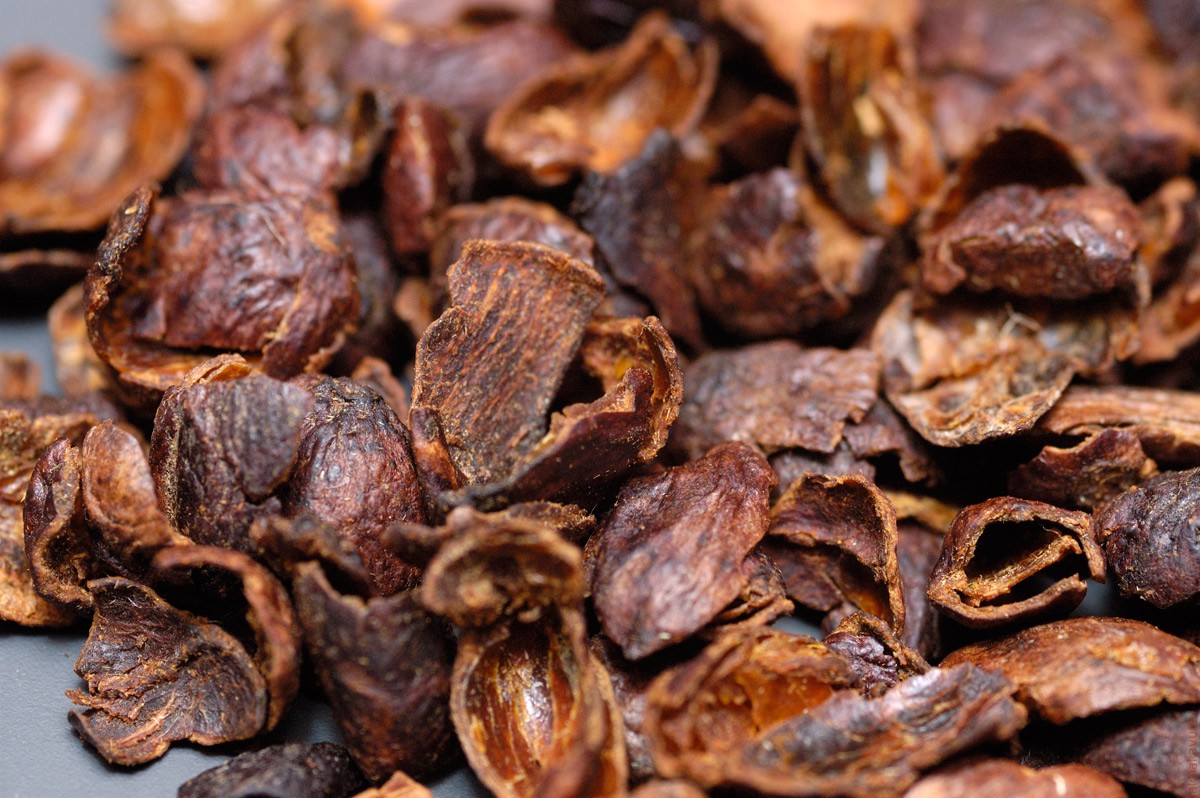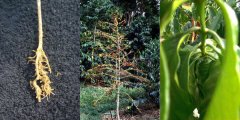Coffee peel cascara is worth six times the price. Coffee shops all over the world are crazy about the smell.
Aida Batlle, who grows coffee on his farm in the mountains around the Santa Ana Volcano volcano in El Salvador, used the skins as little as their ancestors did, either as cheap fertilizer or (more often) discarded them.

It was not until one day when she walked past some coffee shells exposed to the sun that she felt an aroma that smelled like hibiscus and other flowers, and was surprised to realize that these coffee shells, which she had long regarded as waste, might be of some value.
So Bateer soaked the skin in hot water to taste it. "I immediately asked the customer to give it a try," she said. "
Today, more than 10 years later, coffee crust (coffee husk), or its better-known name "cascara", is sweeping the world. STARBUCKS recently launched a new drink with cascara syrup in the United States and Canada, and offers a sprinkling sauce made from coffee skins. Competitors STUMPTOWN COFFEE ROASTERS and BLUE BOTTLE COFFEE also add this flavor to the menu and use it in tea or carbonated drinks.
Thanks to the demand of these coffee chains, the price of coffee skins is now higher than that of coffee beans. Bateer says she gets $7 (about NT $210) for every pound of cascara she sells. By contrast, the average price of coffee beans hovers around $1.20, a two-year low due to an oversupply of Arabica beans.
Cascara is low in caffeine and tastes less intense than coffee. According to Bateer, in addition to hibiscus, it may also have the taste of papaya or green apple, depending on the cultivation method and location.
Important Notice :
前街咖啡 FrontStreet Coffee has moved to new addredd:
FrontStreet Coffee Address: 315,Donghua East Road,GuangZhou
Tel:020 38364473
- Prev

Taiwan's Gukeng Coffee ranks first in Asia. The county magistrate gave a plaque to praise.
The coffee beans produced in Gukeng in Taiwan have been certified by the American Coffee quality Association (CQI), ranking 16th in the world and the first in Asia. Li Jinyong today presented a plaque "Fayue Asia" to share the pride of the light of the cloud and forest. Li Jinyong of Yunlin, Zhang Hongyou, Director of Agriculture, Huang Yiling, head of Gukeng Township, and Yuan Zhiqian, Director General of Gukeng Township Peasant Association, presented a plaque of Song Yueka in the office in the morning.
- Next

Nematodes in the roots of coffee trees may affect global coffee bean production.
Scientists have found that two parasites that eat up the roots of coffee trees are affecting the harvest of coffee beans, possibly threatening the global supply of coffee beans. Scientists have found two parasites in soil samples, both of which are Nematodes, that eat away at the roots of coffee trees, weaken them and reduce harvests, threatening the global supply of coffee beans. And the nematode is
Related
- The ceremony is full! Starbucks starts to cut the ribbon at a complimentary coffee station?!
- A whole Michelin meal?! Lucky launches the new "Small Butter Apple Crispy Latte"
- Three tips for adjusting espresso on rainy days! Quickly find the right water temperature, powder, and grinding ratio for espresso!
- How much hot water does it take to brew hanging ear coffee? How does it taste best? Can hot water from the water dispenser be used to make ear drip coffee?
- What grade does Jamaica Blue Mountain No. 1 coffee belong to and how to drink it better? What is the highest grade of Blue Mountain coffee for coffee aristocrats?
- What are the flavor characteristics of the world-famous coffee Blue Mountain No. 1 Golden Mantelin? What are the characteristics of deep-roasted bitter coffee?
- Can I make coffee a second time in an Italian hand-brewed mocha pot? Why can't coffee be brewed several times like tea leaves?
- Hand-brewed coffee flows with a knife and a tornado. How to brew it? What is the proportion of grinding water and water temperature divided into?
- What is the difference between Indonesian Sumatra Mantinin coffee and gold Mantinin? How to distinguish between real and fake golden Mantelin coffee?
- What does bypass mean in coffee? Why can hand-brewed coffee and water make it better?

